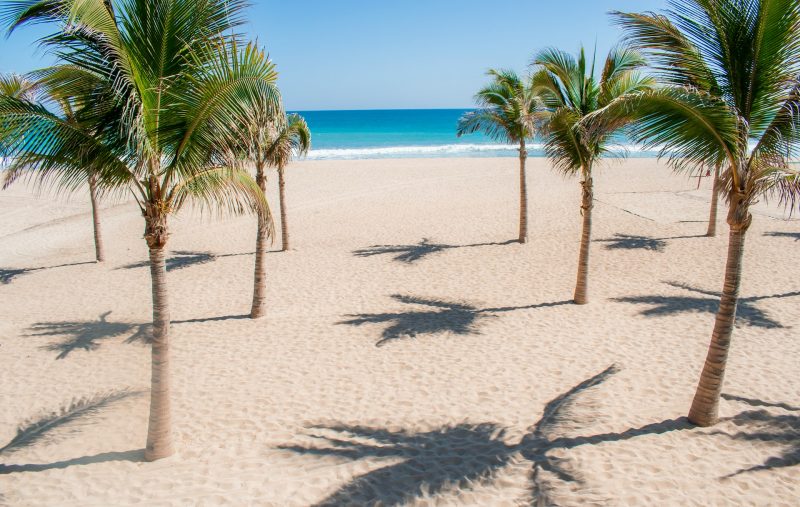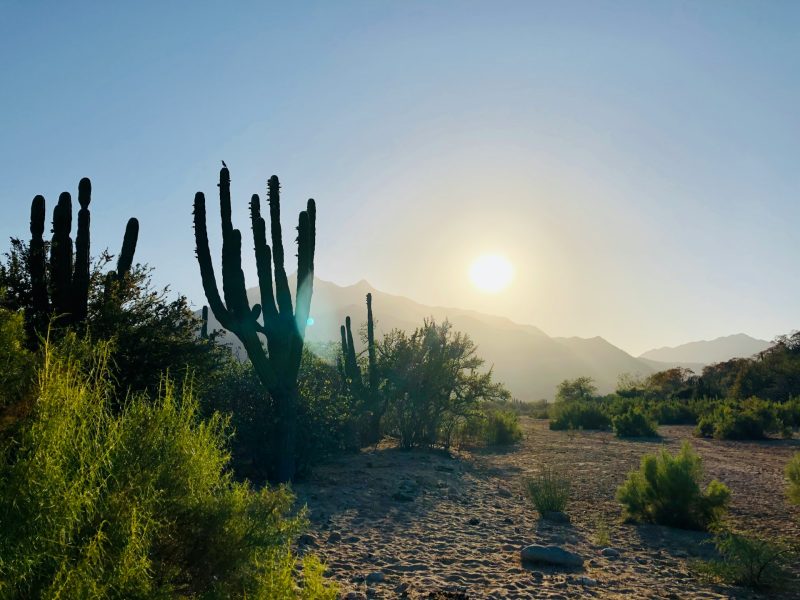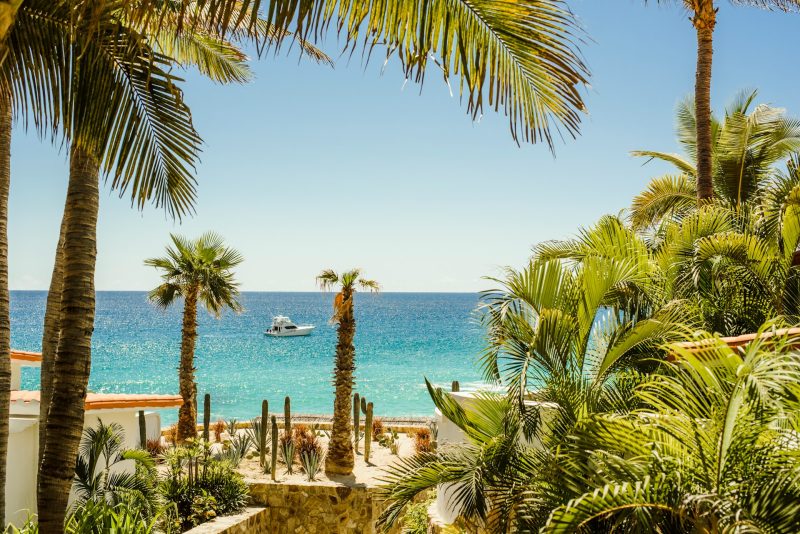Los Cabos sees growth among Canadian travellers
IAN STALKER
The Los Cabos area has gone from hosting pre-Hispanic Indigenous peoples to Spanish missionaries, then ranchers and ultimately tourists. Lots of tourists in fact.
Rodrigo Esponda, managing director of the Los Cabos Tourism Board, told a recent Toronto gathering that, “With a renewed focus on wellness experiences, 2023 proved to be an exceptional year for Los Cabos that saw Canadian travellers embrace us like never before. We can only look forward to welcoming more Canadians in what is shaping up to be an equally stellar 2024.”
Los Cabos’ growth in Canadian market share rose from 1.6 per cent to 7.6 per cent in 2023. Traffic volumes to Los Cabos from carriers such as Air Canada, WestJet, Swoop, and Flair surpassed pre-pandemic 2019 figures. Cumulatively, passenger figures rose over 94 per cent year-over-year compared to 2022, with Canadian traffic to Los Cabos easily surpassing 200,000.
Esponda told his audience that the Los Cabos area is the “most isolated region in Mexico,” with its bottom of Baja California location providing a setting of ocean, desert and mountains, along with virgin beaches.

San Jose del Cabo is known for its many galleries and restaurants, while close by Cabo San Lucas tends to be livelier at night. “San Jose del Cabo is more for traditions,” Esponda stated.
Esponda labelled the nearby community of Todos Santos a “hippie chic” destination. “If you walk barefoot around the town nobody would say anything.”
Some 42% of the area is protected from development, and Los Cabos vacationers will easily be able to see both the Pacific Ocean and the Sea of Cortes, with the latter serving as a home for 30% of the world’s marine life species.
Seasonal whale watching is available for Los Cabos tourists, who may spot the likes of humpback and blue whales.
Esponda said half of the beaches in the area are “completely swimmable,” while swimming isn’t recommended at the others because of waves.

“But you can (easily) go to a beach that is swimmable,” he added.
This year will see a spate of Los Cabos luxury hotel openings, with the Four Seasons Resort and Residences and the Park Hyatt joining the recently opened Grand Velas Boutique Hotel.
The average hotel size in Los Cabos is 220 rooms, with the destination not having massive properties, which Esponda said underscores its commitment to sustainability.
Los Cabos now has 18 golf courses, with 4 more in the works. Esponda said some of the courses are easy to play while others are challenging.
Courses use recycled water for irrigation, which Esponda said further demonstrates Los Cabos belief in sustainability.

The tourism board confirms that key industry partners in Los Cabos will continue to champion wellness and sustainability, carrying the momentum of its “Wellness Champions” campaign forward to demonstrate global leadership in water conservation, recycling, and habitat protection initiatives. Specifically, The Los Cabos Tourism Board collaborates with and supports organizations dedicated to environmental conservation, such as NIPARAJA, RABEN, and Eco Bac, which focus on “protecting our surroundings and the sea turtles that call them home. Additionally, they promote important environmental certifications like Blue Flag and Green Globe, highlighting their commitment to maintaining high environmental standards. Through support for initiatives like Clean Up BCS and COMEPESCA — which trains fishermen in sustainable practices — Los Cabos continues to take comprehensive steps to preserve its famous marine biodiversity.”
Esponda noted that his destination is eager to work with travel agents, citing its loscabosspecialist.com program.

















